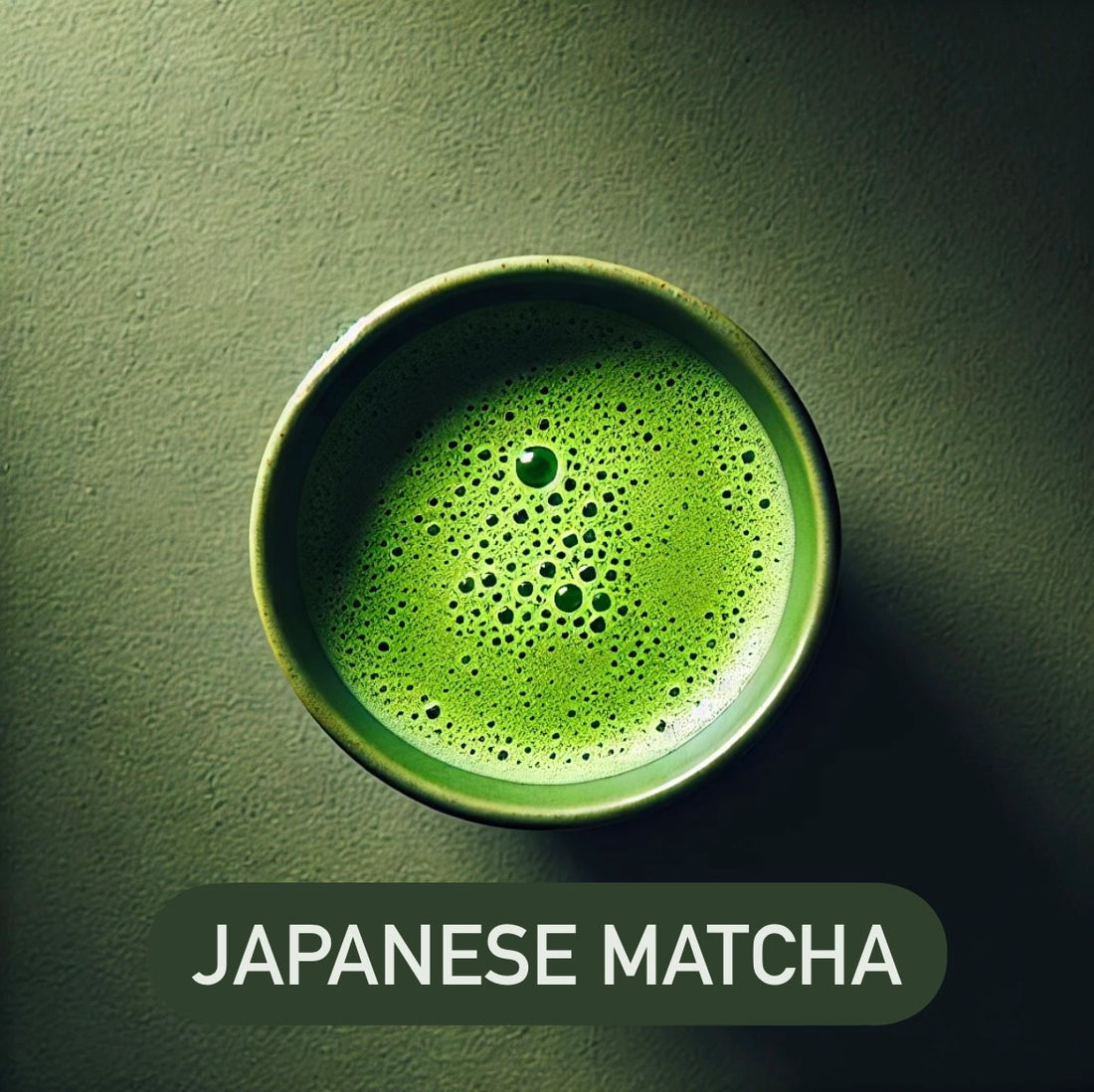In my mind, I’m still 26. So when the first signs of menopause started showing up, my initial reaction was, “No, no, it’s not that.” Surely, I thought, menopause was something far off in the distance—something I’d deal with someday. But here I am, navigating this new chapter that so many of us experience, yet rarely talk about.
Last weekend, I went to Whistler with a few girlfriends for a much-needed getaway. Over glasses of wine, the conversation naturally turned to menopause. Four of us are “of that age,” and we started sharing symptoms, tips, and our experiences with naturopaths checking hormone levels.
At one point, our younger friend—still blissfully in her 40s—looked at us wide-eyed and said, “Why don’t I know about this?” Oh, the bliss of not yet being in the thick of it!
It’s true, though—so many of us enter this phase without much preparation or even awareness of what to expect. For years, menopause wasn’t openly discussed, leaving us to figure it out on our own. But as we sat there, swapping stories and laughing at some of the absurdities, it felt like an important reminder: this is a shared experience, and we need to normalize talking about it.
Why Matcha?
One thing that’s been a constant for me during this transition is my matcha habit. It’s more than just a daily ritual; it’s a tool for wellness and balance in a time when our bodies are changing in unpredictable ways.
Matcha is packed with antioxidants, including a unique compound called epigallocatechin gallate (EGCG). EGCG can help reduce inflammation and protect against the oxidative stress that naturally increases as we age. But matcha’s benefits go beyond just antioxidants:
- Hormone Balance Support: The catechins in matcha may help support healthy cortisol levels. Cortisol, our stress hormone, can go haywire during menopause, leading to feelings of overwhelm, fatigue, or weight gain. A calming cup of matcha helps keep cortisol in check.
- Energy and Focus: Matcha contains caffeine but in a much gentler form compared to coffee. Thanks to L-theanine, matcha provides a steady, sustained boost in energy without the spikes and crashes. This helps combat the fatigue that many of us feel during hormonal shifts.
- Mood Regulation: That same L-theanine also promotes relaxation and supports dopamine and serotonin production—our “feel-good” neurotransmitters. So while matcha won’t replace therapy, a balanced diet, or lifestyle changes, it’s a wonderful ally in stabilizing moods.
It’s important to note that matcha isn’t a cure for hormone imbalances or menopause symptoms, but it’s a small, nourishing step that can support overall well-being. Like so many things in life, it’s about the little actions we take every day to care for ourselves.
Self-Care in a Cup
For me, whisking up a bowl of pure matcha is my pause. It’s a moment to reset, breathe, and nourish my body. And honestly, in a phase of life that can feel like one big question mark, having something grounding and health-boosting in my daily routine feels like a win.
With our kids getting older and life shifting, this really is our time—a chance to prioritize ourselves and embrace self-care in ways we may not have been able to before.
As our Whistler conversation reminded me, menopause is a journey we all take in different ways. Some of us might have hot flashes, others might deal with anxiety or insomnia, and some (lucky few) might breeze through it all. Wherever you are on that spectrum, know you’re not alone—and that there’s no shame in talking about it or seeking help.
So to my fellow travelers in this new chapter: whether it’s wine with friends, seeing a naturopath about hormone levels, or simply sipping matcha, find what supports you. Menopause might be the end of one phase, but it’s also the beginning of another—and there’s a lot of power in embracing it, together.

